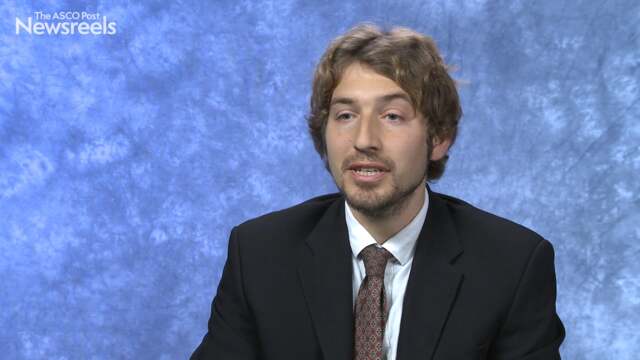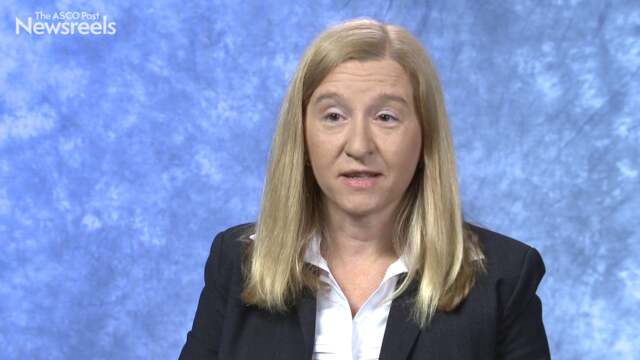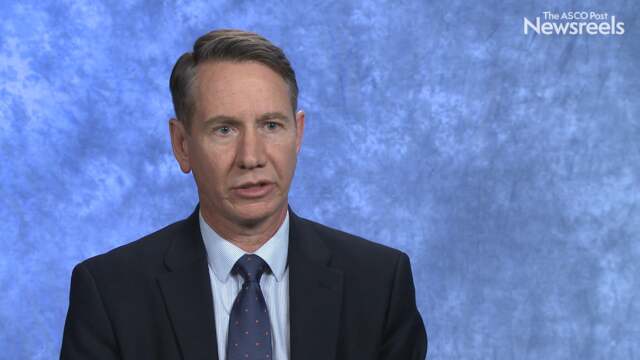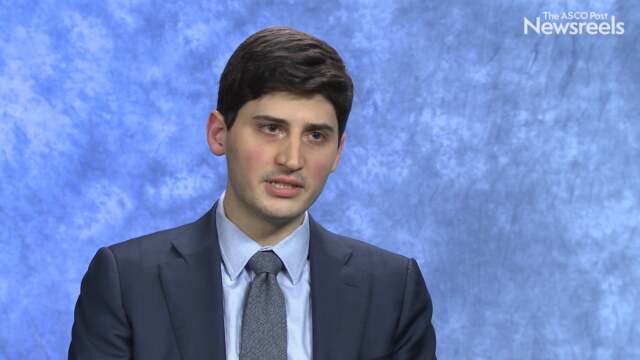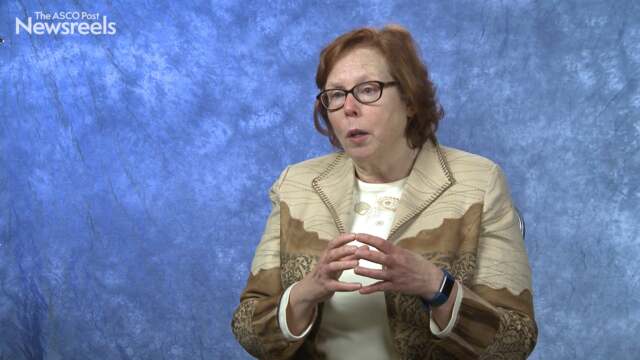Ann W. Silk, MD, and Katy K. Tsai, MD: Meeting Highlights
2018 ASCO-SITC Clinical Immuno-Oncology Symposium
Ann W. Silk, MD, of the Rutgers Cancer Institute of New Jersey, and Katy K. Tsai, MD, of the University of California, San Francisco, who are Co-Chairs of the Clinical Immuno-Oncology Symposium, discuss highlights of the meeting and progress in the field.
Aaron Goodman, MD, of the University of California, San Diego School of Medicine, discusses an analysis of more than 100,000 patients with cancer for CD274 (PD-L1) amplification and the implications for treatment with immune checkpoint blockade (Abstract 47).
Linda Mileshkin, MBBS, of the Peter MacCallum Cancer Centre, discusses phase Ib trial findings on the anti–PD-1 monoclonal antibody BGB-A317 in combination with the PARP inhibitor BGB-290 in advanced solid tumors.
Stephen M. Ansell, MD, PhD, of the Mayo Clinic, discusses integrating immune checkpoint inhibitors, improving efficacy, and reducing toxicity when treating blood cancers.
Jeffrey M. Lemons, MD, of the University of Chicago, discusses early safety and efficacy findings from a small study on pembrolizumab and multiorgan-site ablative stereotactic body radiotherapy in patients with advanced solid tumors (Abstract 20).
Mary L. Disis, MD, of the University of Washington, discusses innate and adaptive immune system cells, T cells as key to mediating antitumor immunity, and the mechanisms by which cancer evades the immune system.
